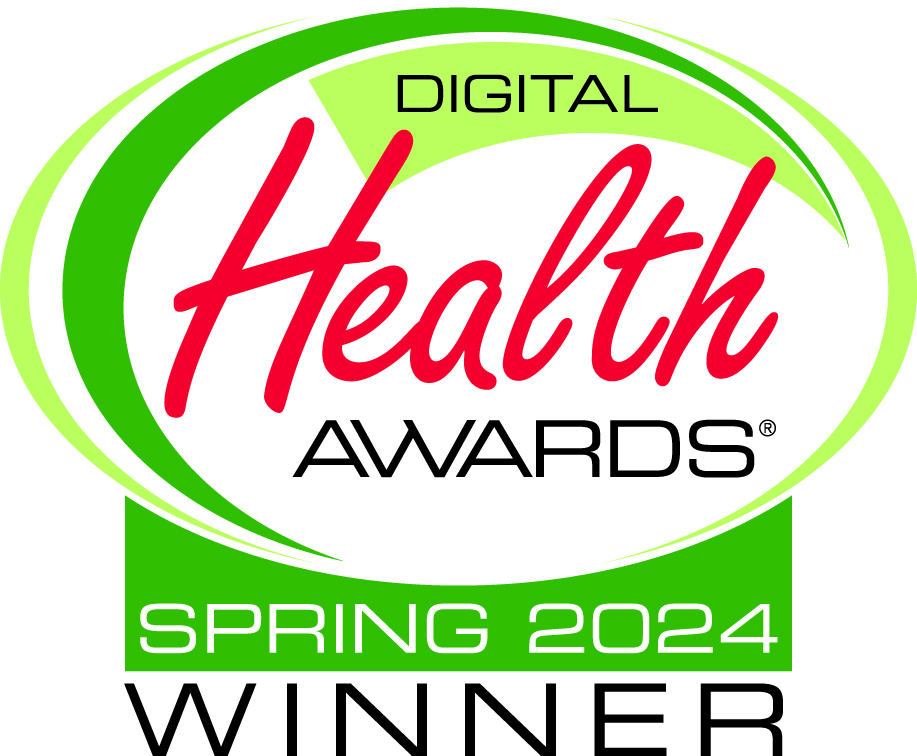Coverage and Benefit Design
This podcast episode explores the evolving landscape of payor coverage for diabetes and continuous glucose monitoring (CGM). We delve into key trends and developments in the payor space for diabetes management, how CGM coverage and utilization management have changed, and the recipe for successful partnerships in optimizing diabetes care through CGM.
Learn MoreA poster presented at the Academy of Managed Care Pharmacy’s (AMCP) annual meeting in New Orleans, LA, shared data from a health initiative by Metro Nashville Public Schools. The employer provided CGM devices as a pharmacy benefit without prior authorization. This policy change led to a two-fold increase in CGM utilization among employees aged 18 to 64 years with T1D and T2D regardless of treatment regimen. The retrospective analysis, covering 184 participants, showed significant improvements in glycemic control associated with CGM use. Specifically, average A1c decreased from 8.7% to 7.9% and from 7.6% to 6.8% among those with T2D treated with insulin and not-treated with insulin, respectively. Additionally, CGM use resulted in a significant improvement in the proportion of individuals meeting the HEDIS and ADA HbA1c targets of <8.0% and <7.0%, respectively. These results underscore the potential benefits of CGM for improving diabetes management through streamlined health care payer and purchaser coverage.
Learn More
Leveraging an opportunity for health plans to support improved patient outcomes in diabetes management with CGM, AMCP sponsored a multifaceted initiative to identify best practices. The program approach consisted of expert interviews, a national payer survey, and an expert panel workshop with clinical experts and managed care stakeholders. In addition to a national webcast to communicate the program findings, this supplement published in the Journal of Managed Care and Specialty Pharmacy summarizes current evidence and consensus recommendations for CGM to support the effective management of diabetes in health plan populations. The supplement also presents the findings from the national payer survey and describes expert-supported health plan best practices around streamlined but evidence-based coverage and access to CGM. Managed care and payer professionals will find this information useful in making collaborative, evidence-based decisions to optimize outcomes among members with diabetes.
Learn More
 Intended Audience: This activity is designed to meet the educational needs of medical directors, registered nurses, pharmacy directors, clinical pharmacists, specialty pharmacists, quality directors, as well as network physicians affiliated with various MCOs, health systems, and other payer organizations.
Intended Audience: This activity is designed to meet the educational needs of medical directors, registered nurses, pharmacy directors, clinical pharmacists, specialty pharmacists, quality directors, as well as network physicians affiliated with various MCOs, health systems, and other payer organizations.
Credit Available: Up to 0.5 credit hour available for nurses (ANCC), pharmacists (ACPE), and physicians (AMA PRA Category 1 Credit™)
Expiration Date: April 30, 2025
Click here to begin!Educational Objectives
After completing this activity, the participant should be better able to:
- Describe employer/PBM coverage criteria for CGM and the clinical evidence supporting the criteria
- Assess the challenges associated with prior authorization
- Identify opportunities for improved access and reduced administrative burden
Expert Faculty


Jointly provided by Impact Education, LLC, and Medical Education Resources.
This continuing education activity is supported by an independent educational grant from Dexcom, Inc. Medical Affairs.
CGM has advanced diabetes management, with demonstrated improvements in glycemic management, reduction of hypoglycemia-related resource utilization, and enhanced member engagement and self-management. While this technology was initially prescribed predominantly for those living with type 1 diabetes (T1D), the mounting body of evidence and expert recommendations have led to more widespread use in insulin-treated T2D, necessitating the implementation of evidence-based benefit design policies by health plans. During this working group meeting, leading payer and managed care decision makers reviewed recent findings and shared their insights on best practices for CGM coverage and reimbursement, including alignment with clinical practice guidelines, availability under the pharmacy benefit, and automated adjudication at the point of sale.
 Jim Kenney, RPh, MBA (Moderator) Jim Kenney, RPh, MBA (Moderator)Founder and President JTKenney, LLC | Clinical Pharmacist, Healthcare and Family Services Bureau of Professional and Ancillary Services University of Illinois at Chicago |
 Thomas Grace, MD Thomas Grace, MDMedical Director Blanchard Valley Diabetes Center |  Estay Greene, PharmD, MBA Estay Greene, PharmD, MBAVice President of Pharmacy Zing Health |
 Eric Long, PharmD, MBA Eric Long, PharmD, MBADisease Management Pharmacist Beacon Health System |  Scott McClelland, PharmD Scott McClelland, PharmDVice President, Commercial and Specialty Pharmacy Programs Florida Blue |
 Josh Moore, PharmD Josh Moore, PharmDDirector of Pharmacy MO HealthNet Division Missouri Department of Social Services |  Diane E. Morgan, PharmD Diane E. Morgan, PharmDDirector, Specialty Pharmacy Government Programs Pharmacy UnitedHealthcare |
 Heather Mullins, PMP Heather Mullins, PMPSenior Clinical Program Manager UnitedHealthcare |  Susan Wescott, RPh, MBA Susan Wescott, RPh, MBAExecutive Lead, Clinical Services, Alluma, LLC Senior Director of Pharmacy, Managed Care, Mayo Clinic |
In support of this working group, a survey of managed care professionals was conducted. Click here to download the results.

